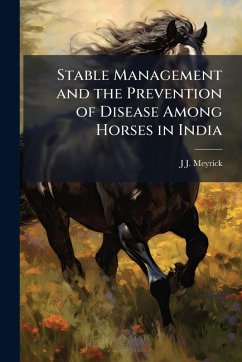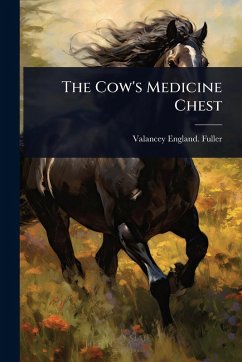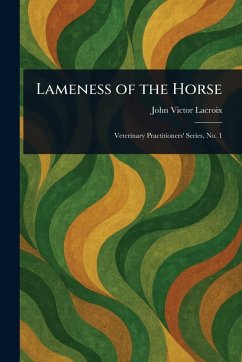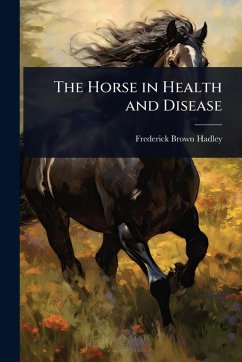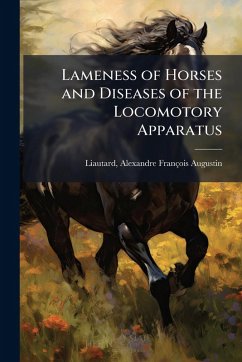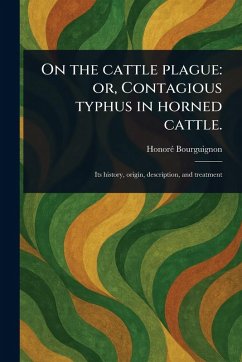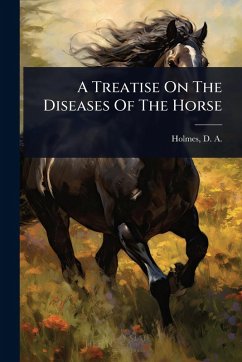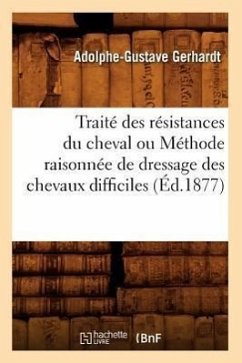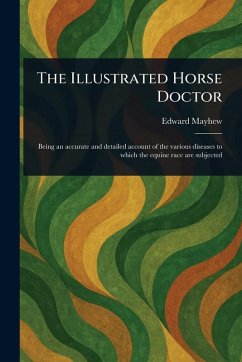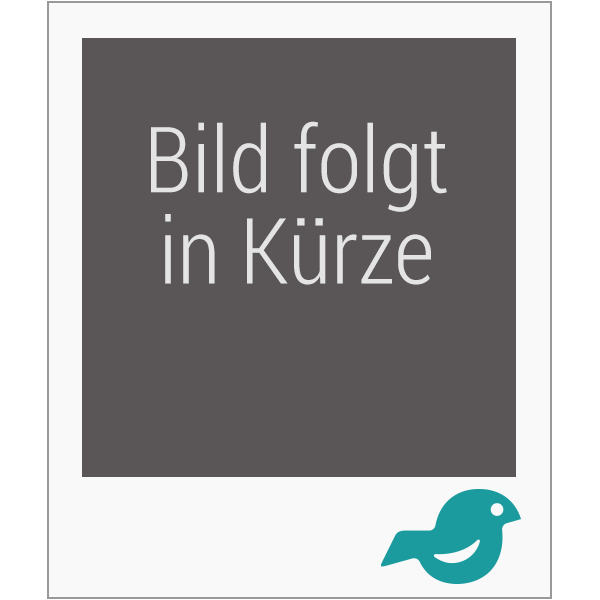
Manuel Des PropiÃ(c)taires De Chevaux Ou Pathologie VÃ(c)tÃ(c)rinaire......

PAYBACK Punkte
11 °P sammeln!
Manuel Des Propriétaires De Chevaux Ou Pathologie Vétérinaire, by William Ryding, is a comprehensive guide to horse health and veterinary care. Written in French, this book serves as an essential resource for horse owners seeking to understand and address the medical needs of their animals. It covers a range of topics related to equine pathology, offering practical advice and insights. The book is designed to empower owners with the knowledge necessary to ensure the well-being of their horses and make informed decisions about their veterinary care. This work has been selected by scholars as...
Manuel Des Propriétaires De Chevaux Ou Pathologie Vétérinaire, by William Ryding, is a comprehensive guide to horse health and veterinary care. Written in French, this book serves as an essential resource for horse owners seeking to understand and address the medical needs of their animals. It covers a range of topics related to equine pathology, offering practical advice and insights. The book is designed to empower owners with the knowledge necessary to ensure the well-being of their horses and make informed decisions about their veterinary care. This work has been selected by scholars as being culturally important, and is part of the knowledge base of civilization as we know it. This work was reproduced from the original artifact, and remains as true to the original work as possible. Therefore, you will see the original copyright references, library stamps (as most of these works have been housed in our most important libraries around the world), and other notations in the work. This work is in the public domain in the United States of America, and possibly other nations. Within the United States, you may freely copy and distribute this work, as no entity (individual or corporate) has a copyright on the body of the work. As a reproduction of a historical artifact, this work may contain missing or blurred pages, poor pictures, errant marks, etc. Scholars believe, and we concur, that this work is important enough to be preserved, reproduced, and made generally available to the public. We appreciate your support of the preservation process, and thank you for being an important part of keeping this knowledge alive and relevant.



